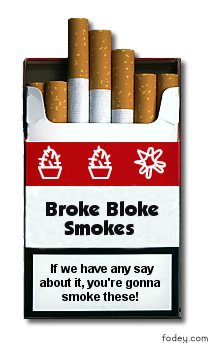The Ubiquitous "Too Much Big Government" Theme
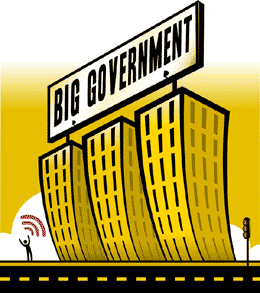 We hear it everywhere this election season. Candidates, ads and TV pundits say we have "too much big government!" Virtually any attempt to regulate or tax any industry is a government intrusion into our lives. Candidates say they want less government. What's up with this ubiquitous, anti-government theme?
We hear it everywhere this election season. Candidates, ads and TV pundits say we have "too much big government!" Virtually any attempt to regulate or tax any industry is a government intrusion into our lives. Candidates say they want less government. What's up with this ubiquitous, anti-government theme?
The "Government intrusion" argument is a powerful propaganda theme that has been around for a long time, and one that big businesses often use to manipulate public opinion. As with so many other corporate-derived propaganda tools, the anti-government theme originated largely with the tobacco industry, which has relied on it for decades to get its way in public policy.

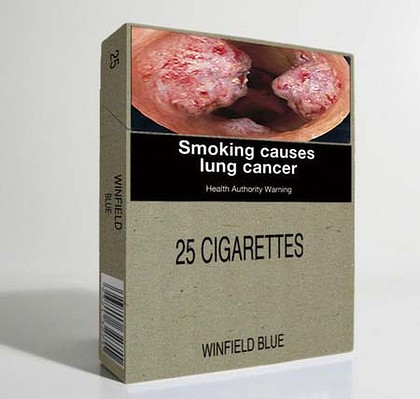 Earlier this year, Australia became the first country to
Earlier this year, Australia became the first country to  A Massachusetts judge has given the go-ahead to a new kind of tobacco class-action lawsuit being brought against
A Massachusetts judge has given the go-ahead to a new kind of tobacco class-action lawsuit being brought against 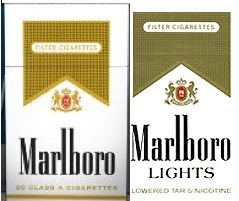 The landmark
The landmark 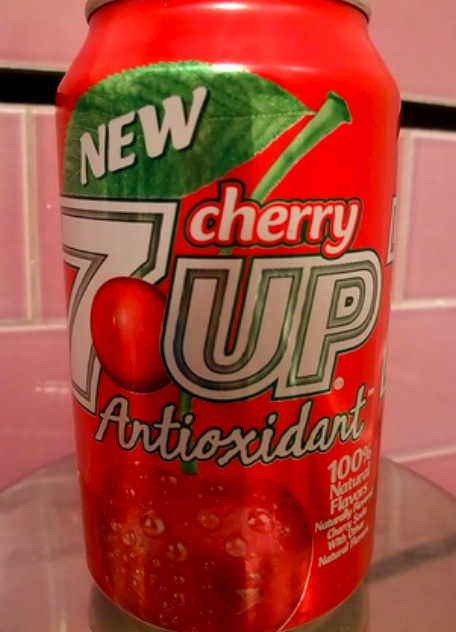 As state and local governments consider taxing soda and sugary drinks to raise money and address the national
As state and local governments consider taxing soda and sugary drinks to raise money and address the national 